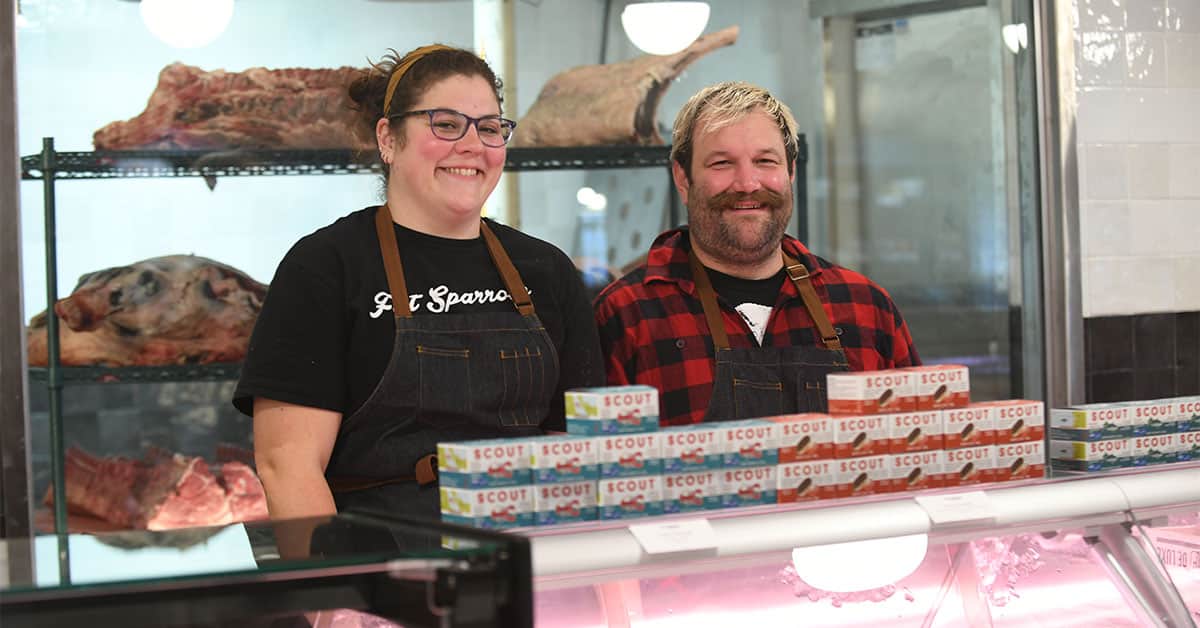;
;
;

In a bold move, days before the hotly contested US midterm elections, the powerful Illinois corn lobby has thrown its weight behind those it hopes will drive a new political movement there: farmers. Illinois is one of America’s top corn-producing states, second only to Iowa. That means Illinois farm
Last updated on May 03, 23
Posted on Nov 03, 22
2 min read
